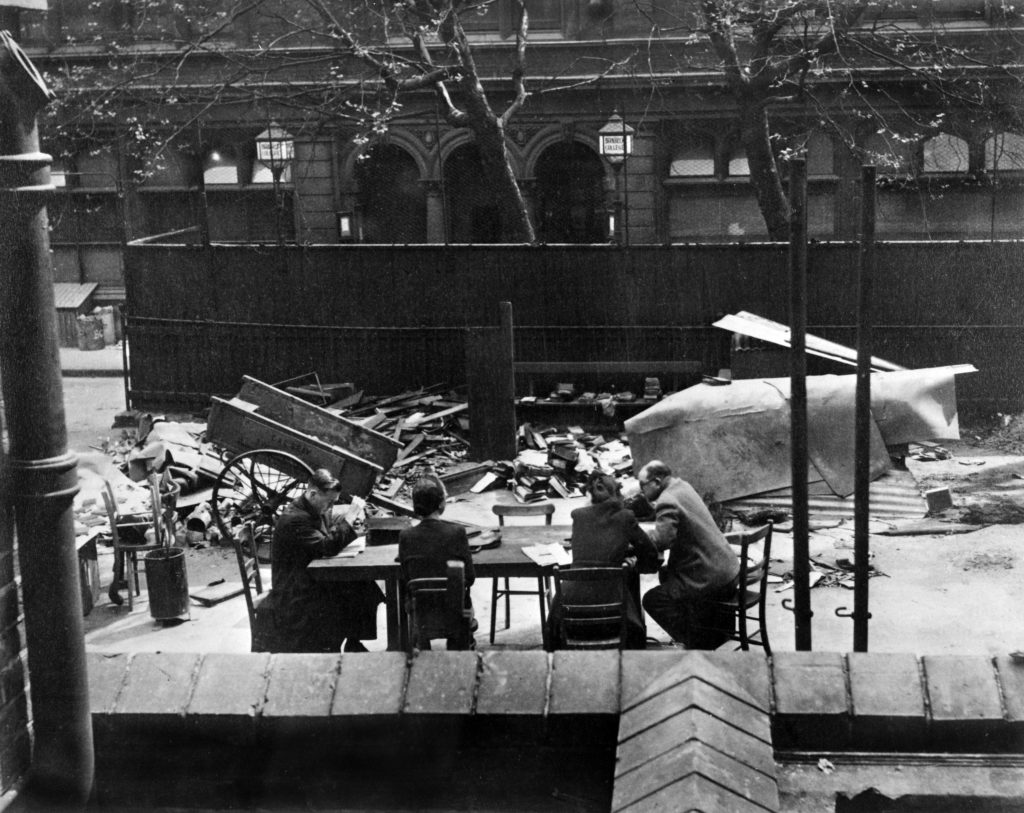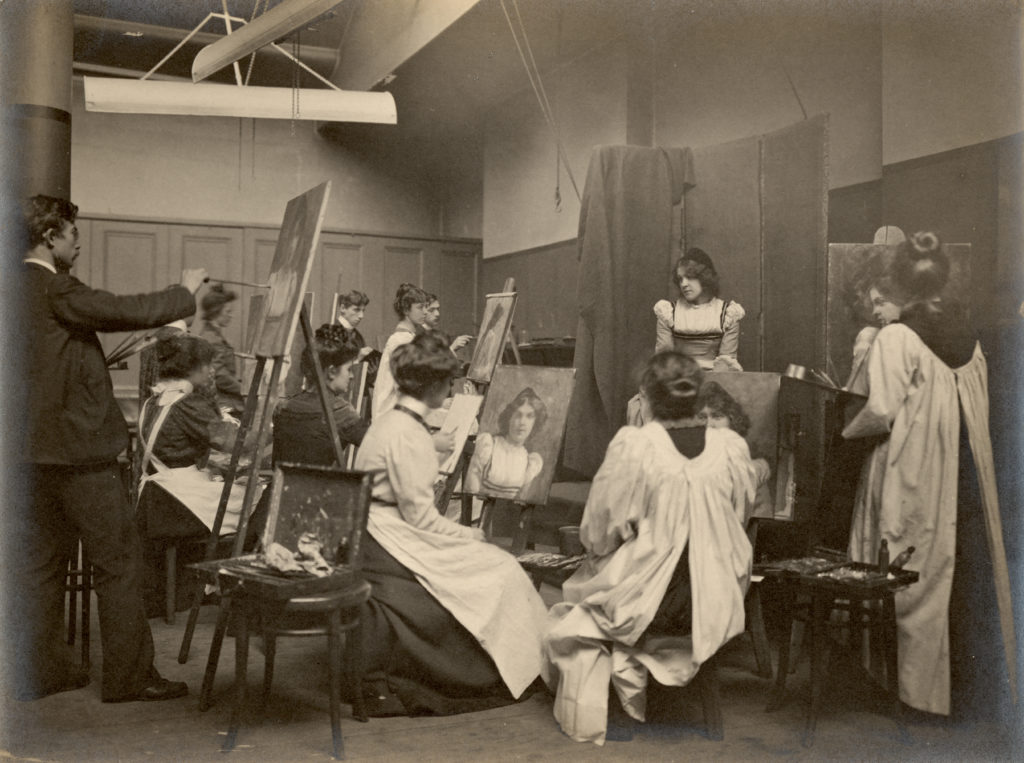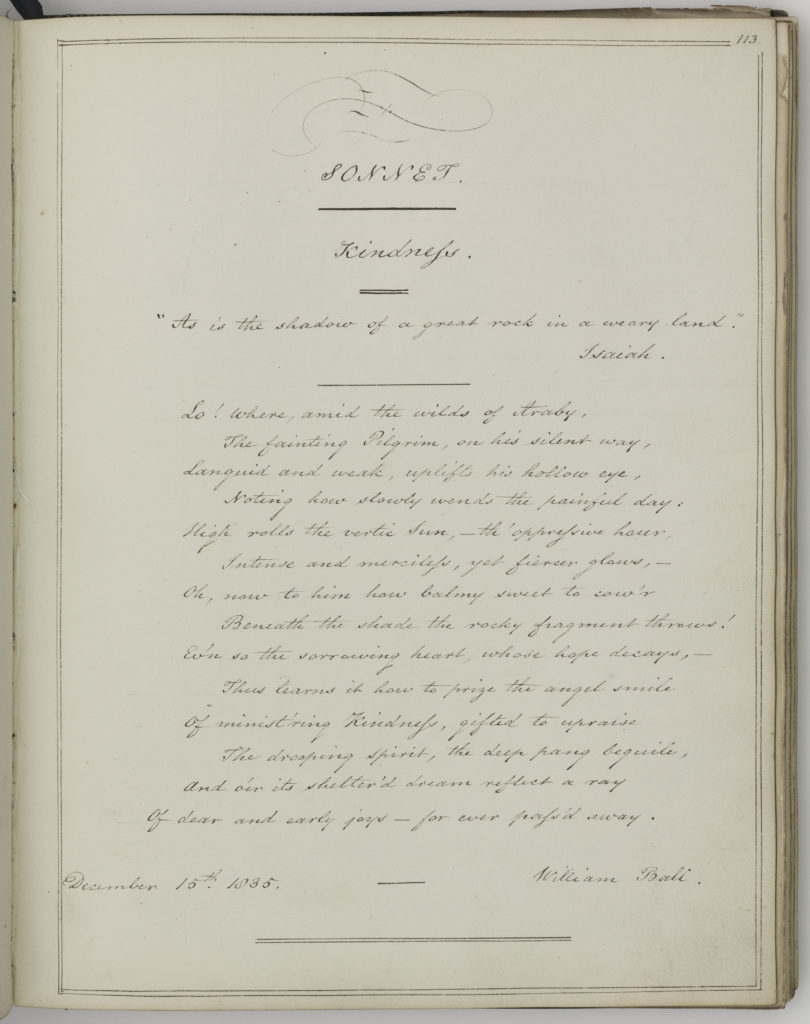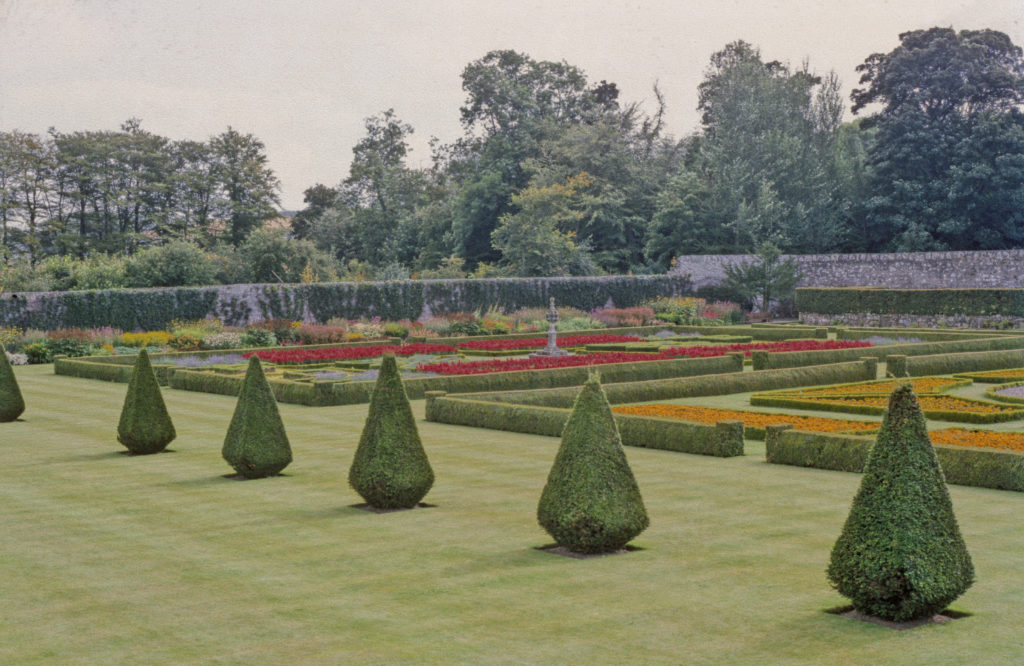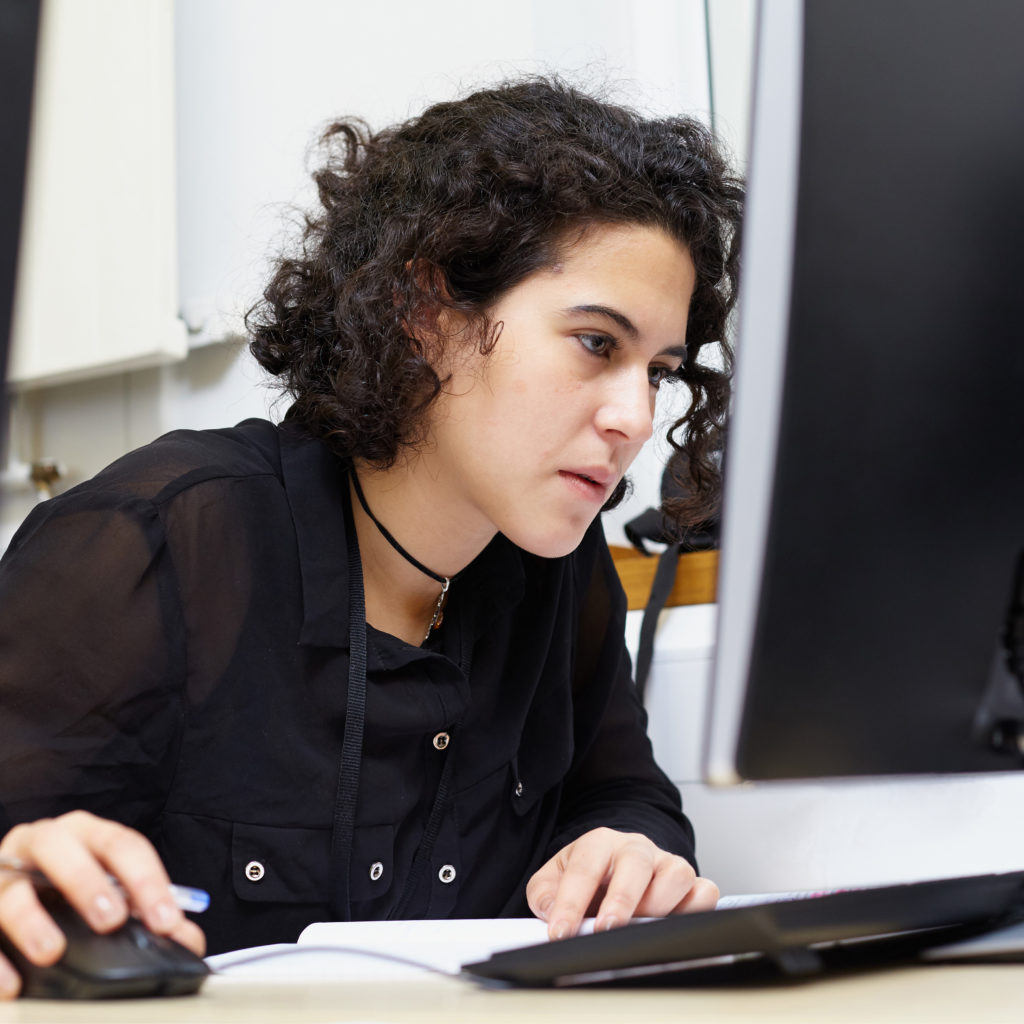This month, Birkbeck Library will begin a period of 24-hour opening. We will remain open continuously between Monday 29 April and Sunday 16 June 2019.
We’re hardly breaking new ground here and it’s increasingly common for academic libraries to stay open all night, either during exam periods or the whole year round. Many nearby University of London libraries already do so and eight out of ten of the most highly-ranked UK universities offer such a service.
The main reason we haven’t done this until now has been cost. Keeping the Library open for an extra nine hours requires additional staffing which, over a period of several weeks, adds up to a lot of money. Fortunately, thanks to strong campaigning by Birkbeck Students’ Union, we have obtained funding for this pilot.
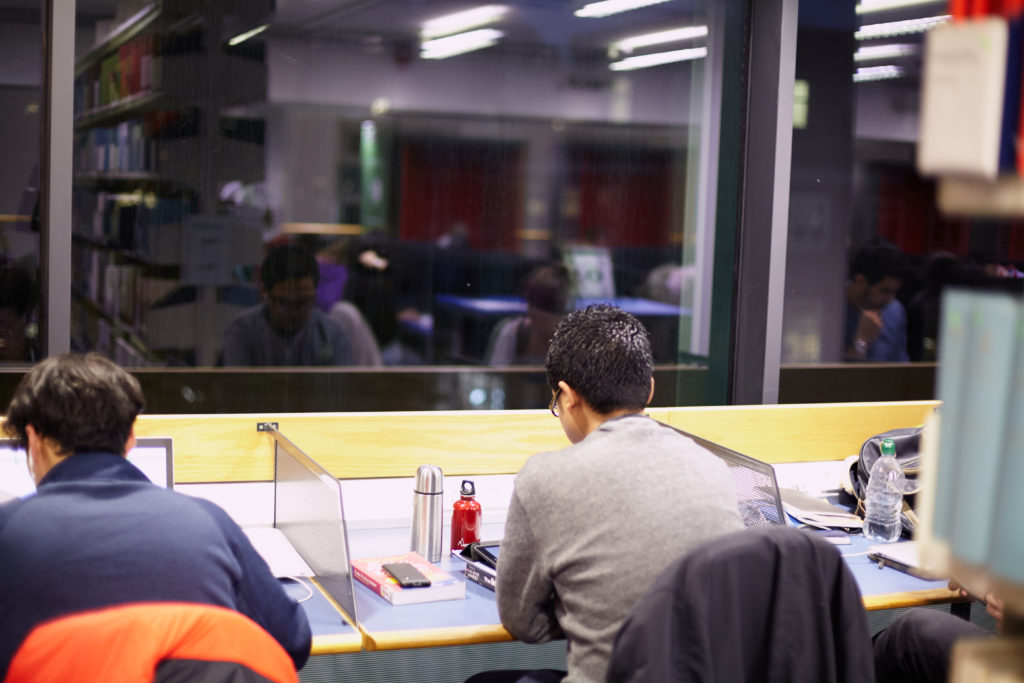
But there is, potentially, another cost: that of student wellbeing. There is a danger that by opening all night we risk sending a signal to students that they are expected to study around the clock.
Charlotte Williams, Head of Counselling Services, explains:
“Although many students manage and survive the stresses of the exam period, perfectionistic traits are increasingly common both within contemporary society and amongst students nationally. Whilst the flexibility of extended opening hours might enhance some students’ wellbeing, it may tempt others to work incessantly and neglect important matters that are key to their health and the capacity to learn. The Counselling Service encourages students to remember that to study and learn effectively we need balance in our lives. Alongside work and study, we need to take time to socialise and relax. Eating and sleeping well, and connecting with others, are crucial for good mental health.”
Increased stress levels are certainly a problem at exam time and often manifest themselves within the Library. We will therefore be liaising closely with Charlotte and her team to promote a balanced approach to study during this period. We also intend to survey those students who do take advantage of our extended opening hours and will ask them directly about its impact on their mental health and wellbeing.

The picture is, of course, complex. Research by the University of Warwick Students’ Union has shown that many students already work late into the night at home. Providing a public space for them to study could be a healthier option. Our Library staff well know that throwing users out onto the street at a quarter to twelve can itself cause stress.
There are other advantages to overnight opening. Alex Holmes, Student Leader-elect at Birkbeck Students’ Union says:
“Moving to a 24-hour opening of the Library is widely supported by the student body here at Birkbeck, which is why we’ve been campaigning for it as a Students’ Union. The flexibility of being able to use our Library at night clearly suits a lot of our students, many of whom already study at night at home.
A high proportion of Birkbeck students have work and family commitments, and so have even more need for late opening than students at other institutions. Many of our postgraduate students previously studied at a university that had all-night opening and want that same service to be available here. A 24-hour Library is an important part of Birkbeck having a competitive offer for prospective students.”
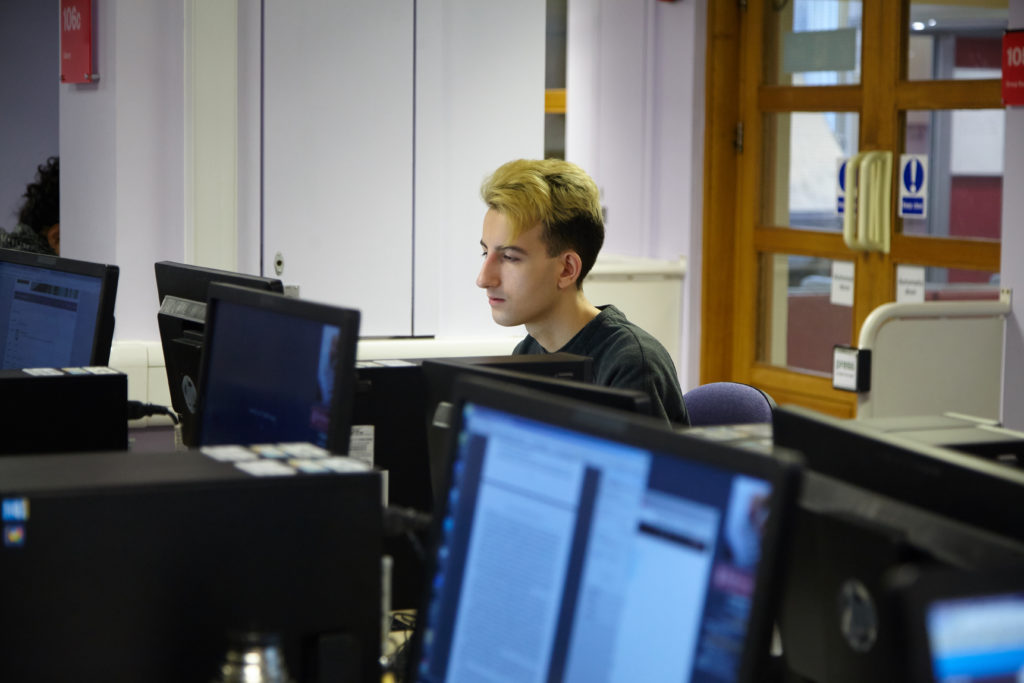
Birkbeck’s mission remains the same as when it was founded in 1823: to provide high-quality university education in the evening for working Londoners and those who would not otherwise be able to study. As the city changes, we need to change too. While there are certainly risks associated with this pilot, on balance, we believe that it will be an initiative with positive benefits for many of our students.

